Let’s be real: summer is hands down the best time to dive. Warmer waters, better visibility, and long daylight hours make it perfect for underwater exploration.
But here’s the kicker—those same ideal conditions can trick divers into letting their guard down.
That’s where this guide comes in. Whether you're brand new or have hundreds of dives logged, staying sharp and safe should always be your top priority.
Why Summer Diving Can Be Tricky
Summer diving feels easy. Warm water? Check. Clear visibility? Check. Calm seas? Double check. But all those positives can lure even experienced divers into complacency. Add in dehydration from the sun, crowds at dive sites, and a relaxed vacation mindset, and you’ve got a recipe for potential trouble.
Think of it like driving a convertible on a sunny day—just because it’s smooth cruising doesn’t mean you stop checking your blind spots.
Stick to the Basics: Safety First
Buddy System: Non-Negotiable
Diving alone? Just don’t. The buddy system isn’t optional—it’s lifesaving. Whether you’re scuba diving, freediving, or snorkeling, having someone who’s got your back is crucial. Agree on signals, dive plans, and emergency responses before you hit the water.
Plan Your Dive, Dive Your Plan
Don’t just wing it. A good dive starts on land with a solid plan:
- Max depth
- Time limits
- Air supply strategy (Rule of Thirds, anyone?)
- Environmental checks
Before setting up your gear, assess the site. Look at the surf, current, entry/exit points, and visibility. If something feels off, don’t dive.
Know Your Limits (and Respect Them)
Getting certified isn’t just a formality. It teaches you the skills you need to stay safe. Stick to what you’re trained for. Feeling rusty? A refresher course can make a world of difference.
Pushing your limits isn’t brave—it’s reckless. Every diver has different comfort levels, and they can change day to day. Trust your gut.
Stay Calm, Stay Smart
Panicking underwater is one of the fastest ways to turn a small problem into a major emergency. If something feels wrong, stop. Breathe. Think. Then act. Problem-solving starts with staying calm.

Gear: Your Lifeline
Pre-Dive Checks
Before every dive, run through your gear thoroughly. Think of it like pre-flighting an airplane:
- Regs: Working and not leaking
- BCD: Holds air, dumps correctly
- Mask and fins: Fit well
- Weights: Balanced and secure
- Tank: Full and within hydro dates
- Computer: Charged and set up
Using a checklist isn’t overkill—it’s smart. And if you're snorkeling, don’t skip checks either. A leaky mask or bad snorkel can ruin your day fast.
Maintenance and Storage
Saltwater is brutal on gear. After every dive, rinse thoroughly with fresh water. Let everything dry completely in the shade before storing. Hang wetsuits on wide hangers, store regs in padded bags, and keep everything out of direct sun.
And yes, annual servicing of your life-support gear is a must.
Recommended: Open Water Diving Diver Propulsion Vehicle Recommendations
Stay Healthy, Stay Diving
Beat the Sun
That golden tan? Not worth it. Sunburns hurt like hell under a wetsuit and mess with your hydration. Wear UV-protective clothing, reef-safe sunscreen (30+ SPF), and find shade between dives.
Hydrate Like It’s Your Job
Dehydration and diving do NOT mix. It increases your risk of decompression sickness. Start drinking water the night before and sip throughout the day. Avoid alcohol and go easy on caffeine.
Ears and Equalization
Never force a descent. Equalize early and often. If your ears hurt, stop and ascend a bit. Push past pain, and you risk permanent damage.
Know the Risks: Freediving and SWB
Freediving? Awesome. Dangerous if done wrong? You bet. Shallow water blackout (SWB) can happen without warning, especially if you hyperventilate. Always use the "one up, one down" buddy system, rest properly between dives, and take a course if you’re serious about freediving.
Emergency Smarts
What To Do If Things Go South
- Stop and assess. Panic helps no one.
- Ensure the scene is safe.
- Call for help (9-1-1 and Divers Alert Network: 919-684-9111).
- Start first aid: CPR, oxygen, and rescue breaths as needed.
If someone’s unconscious underwater, don’t bolt to the surface. Wait for signs that laryngospasm has passed before ascending. Bring them up slowly and safely.
Local Dive Tips: Los Angeles County
- You need permits to dive in certain harbors.
- Post-rain = dirty water. Wait 72 hours.
- Harmful algal blooms are no joke. Stay alert.
- Vet's Park in Redondo is awesome but can be chilly and deep. Plan accordingly.
- Always carry a flag, descent line, and signaling device.
Wrap-Up: Dive Smart, Dive Often
Summer diving is incredible, but safety isn’t seasonal. Your best dive days start with preparation, smart decisions, and a healthy respect for the ocean. Don’t cut corners. Keep your gear tight, your mind sharp, and your buddy close.
FAQs
Q: How soon after diving can I fly?
Wait at least 12 hours after a single no-decompression dive, and 24 hours if you did multiple dives or decompression dives.
Q: What’s the most common dive injury in summer?
Sunburn and dehydration top the list. Both can sneak up on you, especially during long boat days.
Q: Is snorkeling safer than scuba diving?
It can be, but only if done right. Use the buddy system, check your gear, and avoid overexertion or risky conditions. Safety rules still apply.
Happy diving, and stay safe out there!
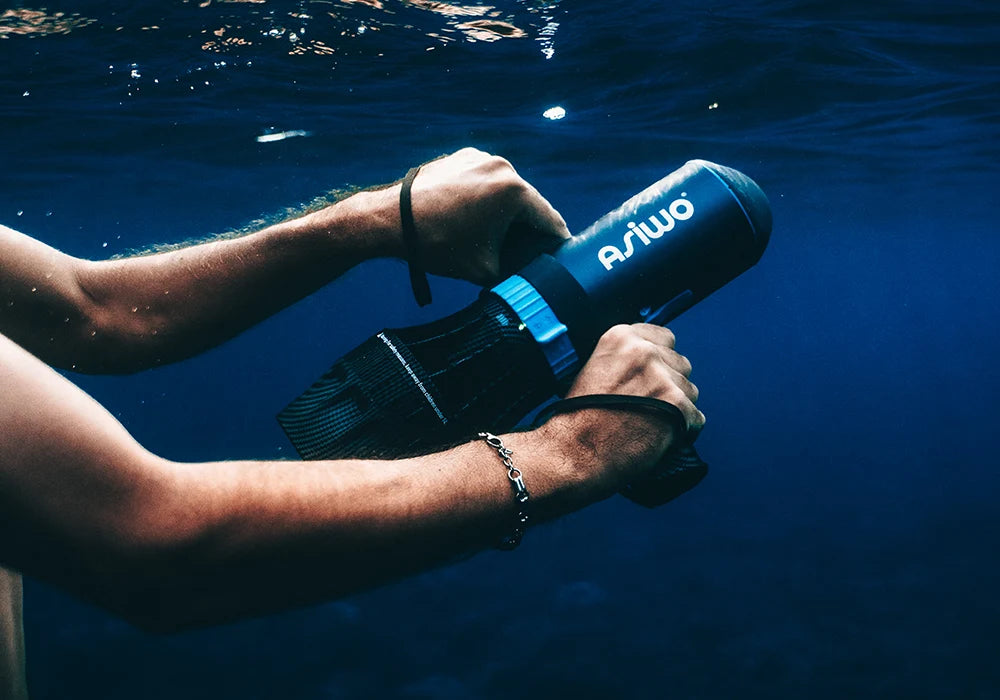




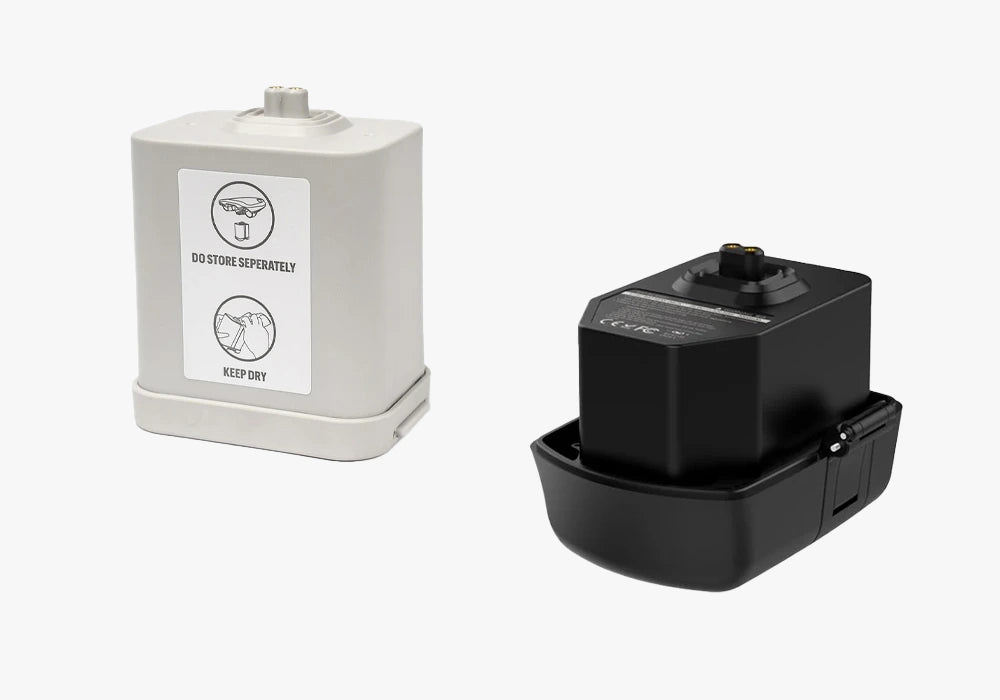




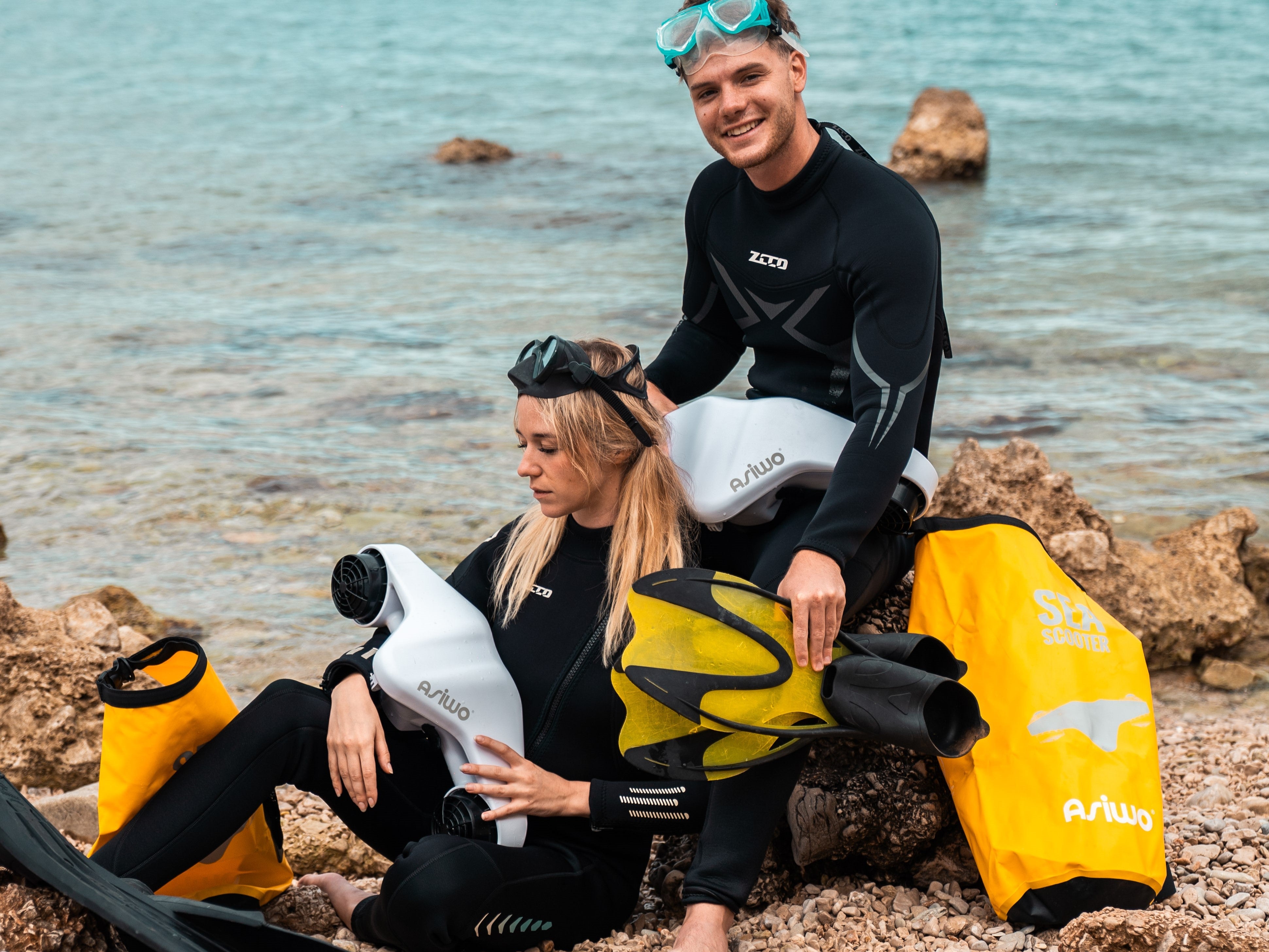
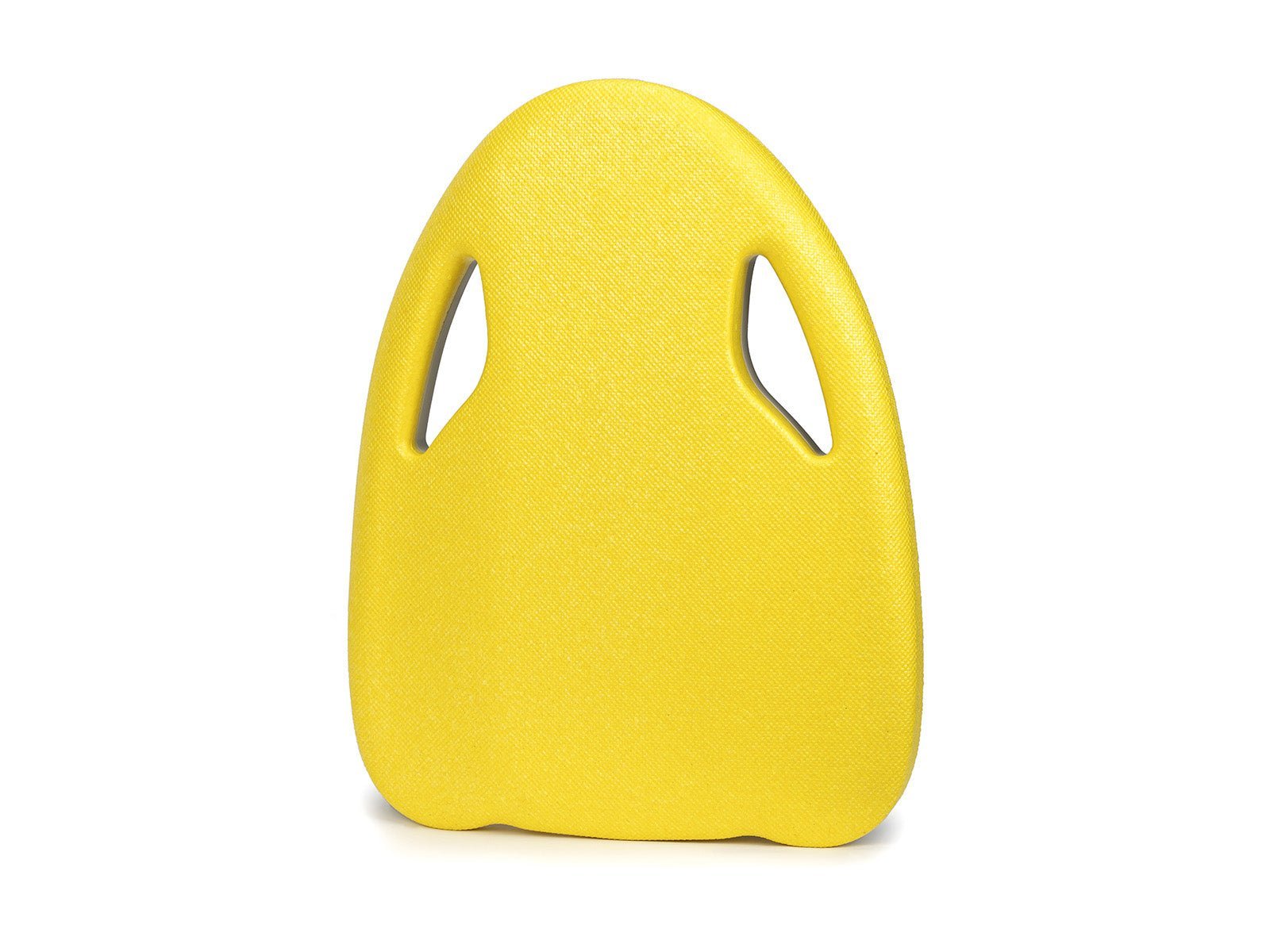
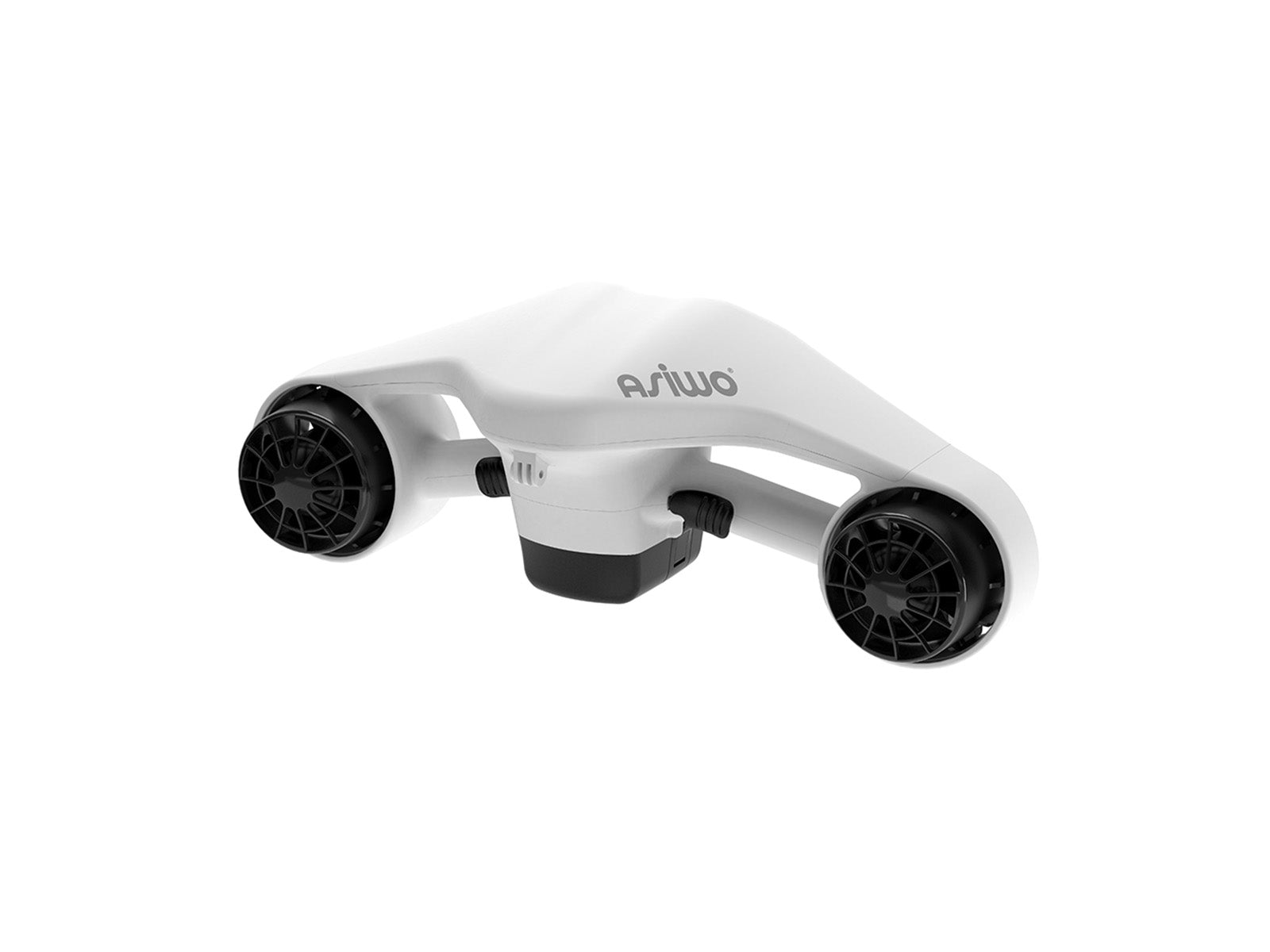
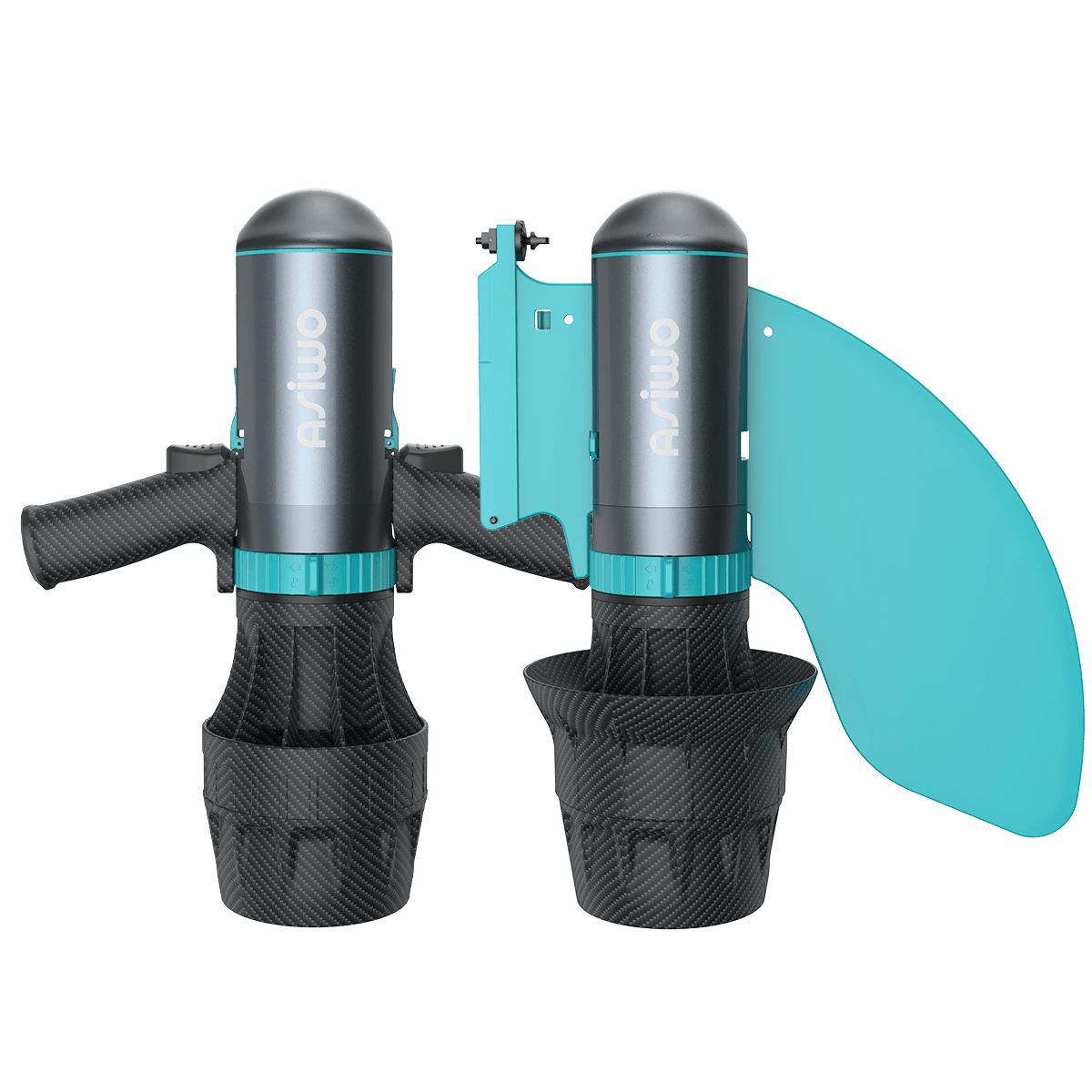




Dejar un comentario